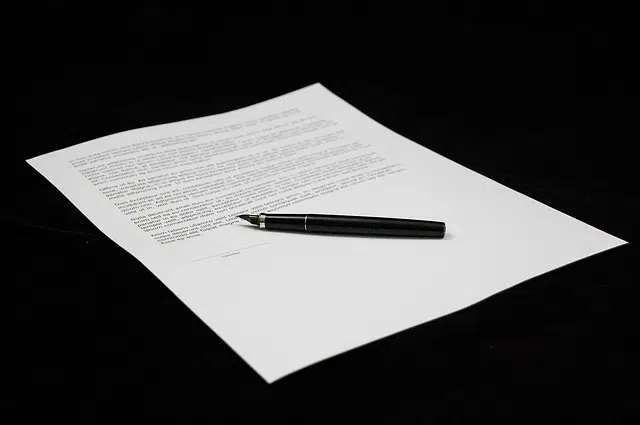
A decree expresses a decision of a competent authority.
Decree , a term that comes from the Latin decrētum , is the decision of an authority on the matter in which it has jurisdiction. It is usually an administrative act carried out by the Executive Branch , with regulatory normative content and a hierarchy lower than the laws .
There are many types of decrees that exist. Thus, for example, we would have to talk about the royal decrees which, as their name indicates, are those legislations that require the signature of the country's monarch.
Insistence decrees are other modalities that exist in various countries around the world. Chile, specifically, is one of the nations that has legislation of this type whose main peculiarity is that it is dictated by the President of the Republic with the support of his ministers. But they are also identified because they had previously been controlled by the body known as the Comptroller General of the Republic.
Nature of the decrees
The nature of the decree varies according to each national legislation. There are, in many cases, law decrees or decrees of necessity and urgency , which are issued by the Executive Branch and have the character of law even without passing through the Legislative Branch . Once enacted, however, Congress can analyze them and decide whether to maintain their validity or not.
These decree laws allow the Government to make urgent decisions, with quick procedures and without loss of time. For opposition political parties, however, these types of resolutions usually imply an abuse of power by the dominant party, which avoids debate mechanisms.
The decree law or similar, therefore, offers the constitutional possibility to the Executive Branch of creating regulations with the rank of law without the intervention or prior authorization of Parliament or Congress . In this way, it is similar to the legal norms dictated by dictatorships or de facto governments , with the important difference that, in the case of democratic governments, the decree law is protected by the Constitution .

A decree is usually an administrative act of the Executive Branch.
Imposition of a will
In the popular imagination, in any case, urgent decrees usually appear associated with hegemonic power and a desire to ignore parliamentary debate.
In recent times, many countries have approved various decrees that cause controversy or arouse interest throughout the world. Thus, for example, the president of Venezuela (Nicolás Maduro) has issued a special decree that he intended to be a favorable measure for the people since with it he wanted to force the price of automobiles to drop.
In Spain, for its part, a draft of the Renewable Energy decree was “raising blisters” in the sector because it was considered to be a step backwards. Specifically, professionals in the field, through the Spanish Photovoltaic Union (UNEF), have stated that this legislation would cause investors to have worse conditions and that would mean, therefore, that they decide to embark on fewer projects. The final result of all this is that work in that area was significantly harmed.
